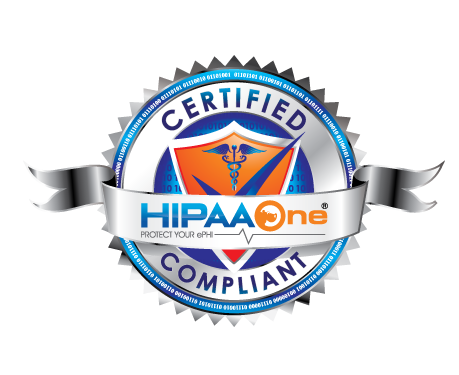


The California Orthopaedic Association (COA) recently invited Mary Ann Lubeskie, Vice President of Managed Care Operations for TRISTAR, to a fireside chat at their annual conference in Laguna Niguel, CA. Mary Ann was joined by Vernon Steiner and Steve Hunckler from the California State Compensation Insurance Fund, Dr. Lesley Anderson, a member of the COA, and moderator Linda Lane from Harbor Health Systems. The conversation focused on Utilization Review (UR) and opportunities to reduce friction and improve the timeliness to deliver quality healthcare for workers’ compensation.
UR ensures injured workers are receiving evidence based treatment and that health care services are being used appropriately. California UR guidelines were recently updated as part of CA SB 1160 and included the requirement that all UR providers be URAC accredited by July 1, 2018. However, by TRISTAR’s assessment, as of June 2019, 25% of UR companies filed with the State California are not URAC accredited. Due to some of the requirements outlined in SB 1160, a number of physicians, many of whom are outspoken critics of UR, have voiced concerns that the UR process can lead to unnecessary delays and increases in denials of care. These concerns are not unexpected, since UR limits physicians’ clinical autonomy and adds additional administrative burdens.
This Fireside Chat was an opportunity for TRISTAR, insurers, and providers to discuss how to improve the process for everyone involved. It is easy to see why UR sets the stage for “us versus them” and “cost saving versus quality of care”. For example, in California, UR is mandatory for most surgical procedures for workers’ compensation claims. The intent is to ensure that recommendations are reviewed by another medical professional instead of a claims examiner. The goal of the URAC accreditation is to ensure that vendors do not turn UR into a commodity that boasts cost savings and not track patient outcomes, addressing one of the main concerns from critics. The accreditation also standardizes programs so the results are rigorous and evidence-based.
In spite of this, some physicians continue to express their displeasure over the UR process. New research shows there will be a deficit of 120,000 physicians by the year 2030 in the United States (Association of American Medical Colleges 2018). As demand rises with an aging patient population and supply decreases with a shortage of physicians, face-to-face time between patient and doctor is becoming a limited commodity. The added administrative work required as part of the UR process only perpetuate this issue. According to Forbes, doctors now spend half their time on deskwork and barely a quarter of their time with patients. Twenty years ago, in 2000, doctors spent more than 60% of their day providing direct medical care (Pipes 2018).
Consequently, members of the COA voiced concerns about delays in approvals of treatments that add to their administrative tasks and, more importantly, impact their ability to provide care. Many COA members are also wary when peer review companies were utilizing peer review physicians that are not within the same field of specialties, even though UR controls are put in place to protect patients from arbitrary and capricious healthcare services, treatments, practices and procedures.
TRISTAR offers solutions to bring the best of both worlds together. At the conference, Mary Ann offered insights to how TRISTAR achieves this. TRISTAR developed policies to ensure that all evidenced based treatment requests were put on a fast track for an automated review process. This process, along with our upgraded UR platform, authorizes up to 30% of all requests for authorization (RFAs) received, without a review by a nurse or physician – significantly reducing lead time. In addition, TRISTAR staff meets with our self-insured clients to develop pre-authorization lists so treatments can be quickly certified. TRISTAR also ensures a specialty match when a peer review is necessary and only contracts with URAC accredited Independent Review Organizations (IRO). While this is not a requirement of SB 1160, TRISTAR believes the specialty match is an important component of the UR process.
While TRISTAR has no role in creating the legislation that establishes and controls the UR system in California and other states, our philosophy is to streamline the Request for Authorization (RFA) process. Our goal is to make it as painless as possible for the physicians, employers, and injured workers, and to match specialties when a peer review is indicated within the framework of the current statutes. These efforts are all put in place to ensure the injured worker gets appropriate treatment quickly in order to recover and return to work. Call TRISTAR at 1.888.558.7478 to learn more on how our Utilization Review and Managed Care service can help your business.
Works Cited
Association of American Medical Colleges. New research shows increasing physician shortages in both primary and specialty care. April 1, 2018. https://news.aamc.org/press-releases/article/workforce_report_shortage_04112018/ (accessed June 7, 2019).
Pipes, Sally. Free Med School Won't Solve The Doctor Shortage. September 17, 2018. https://www.forbes.com/sites/sallypipes/2018/09/17/free-med-school-wont-solve-the-doctor-shortage/#6eb19fc442f1 (accessed June 7, 2019).




